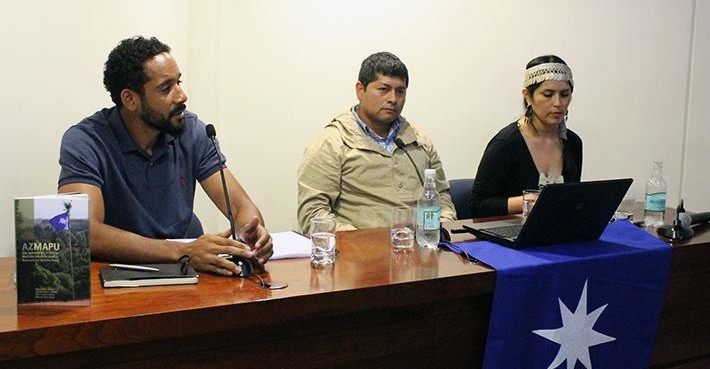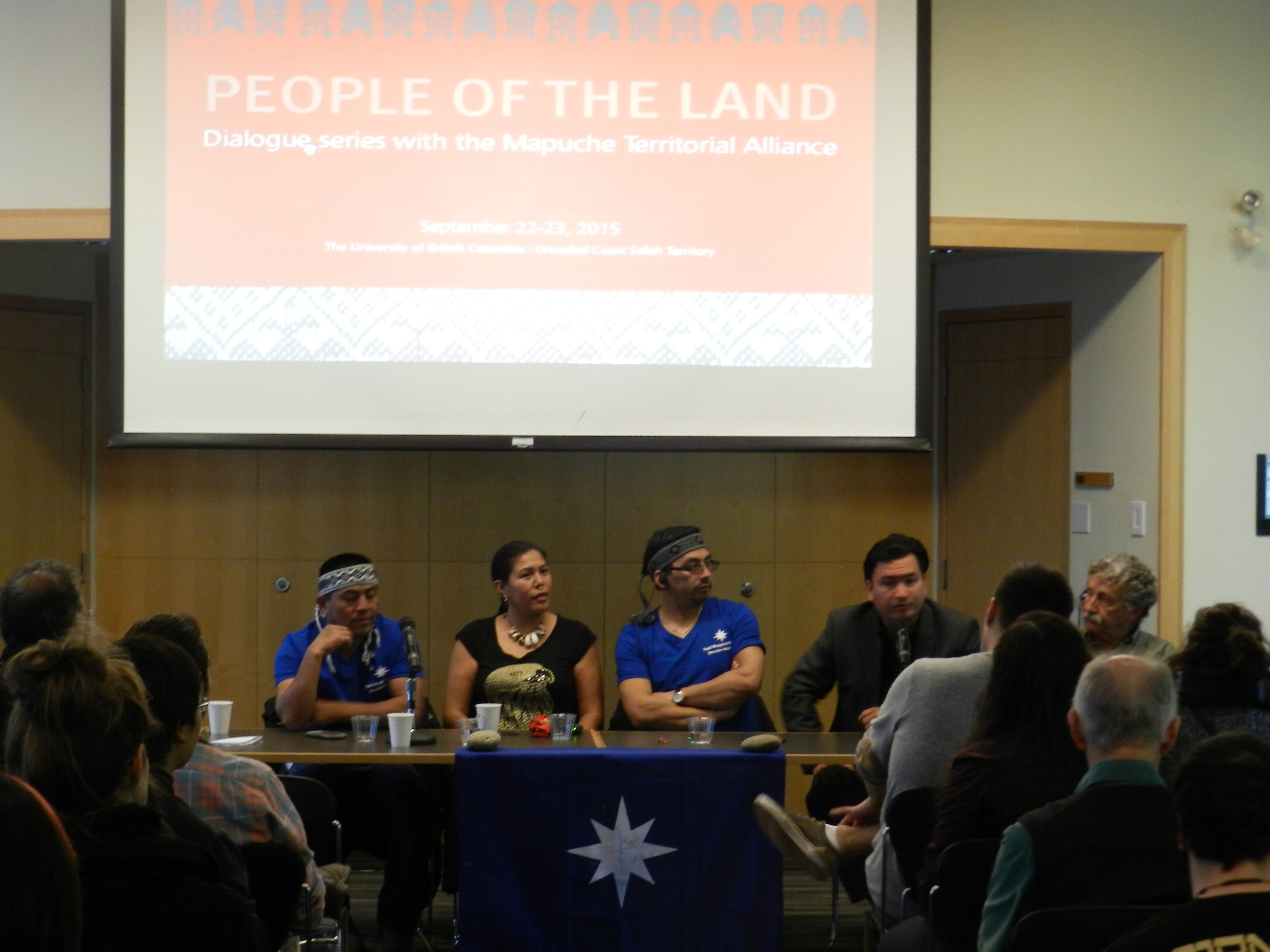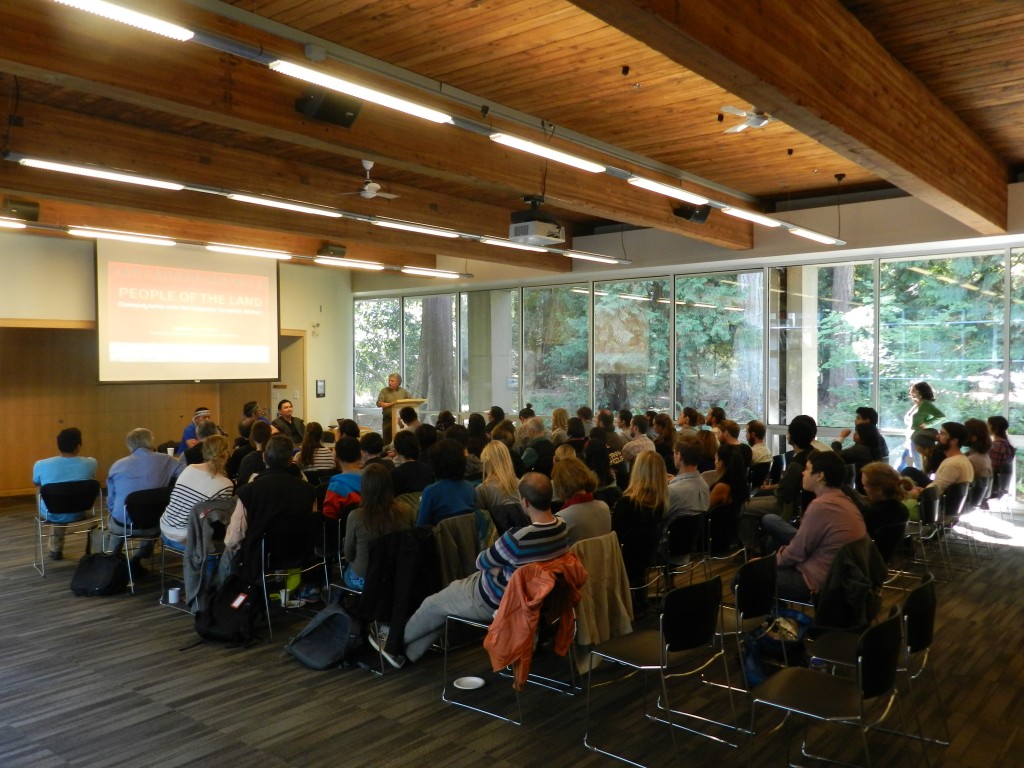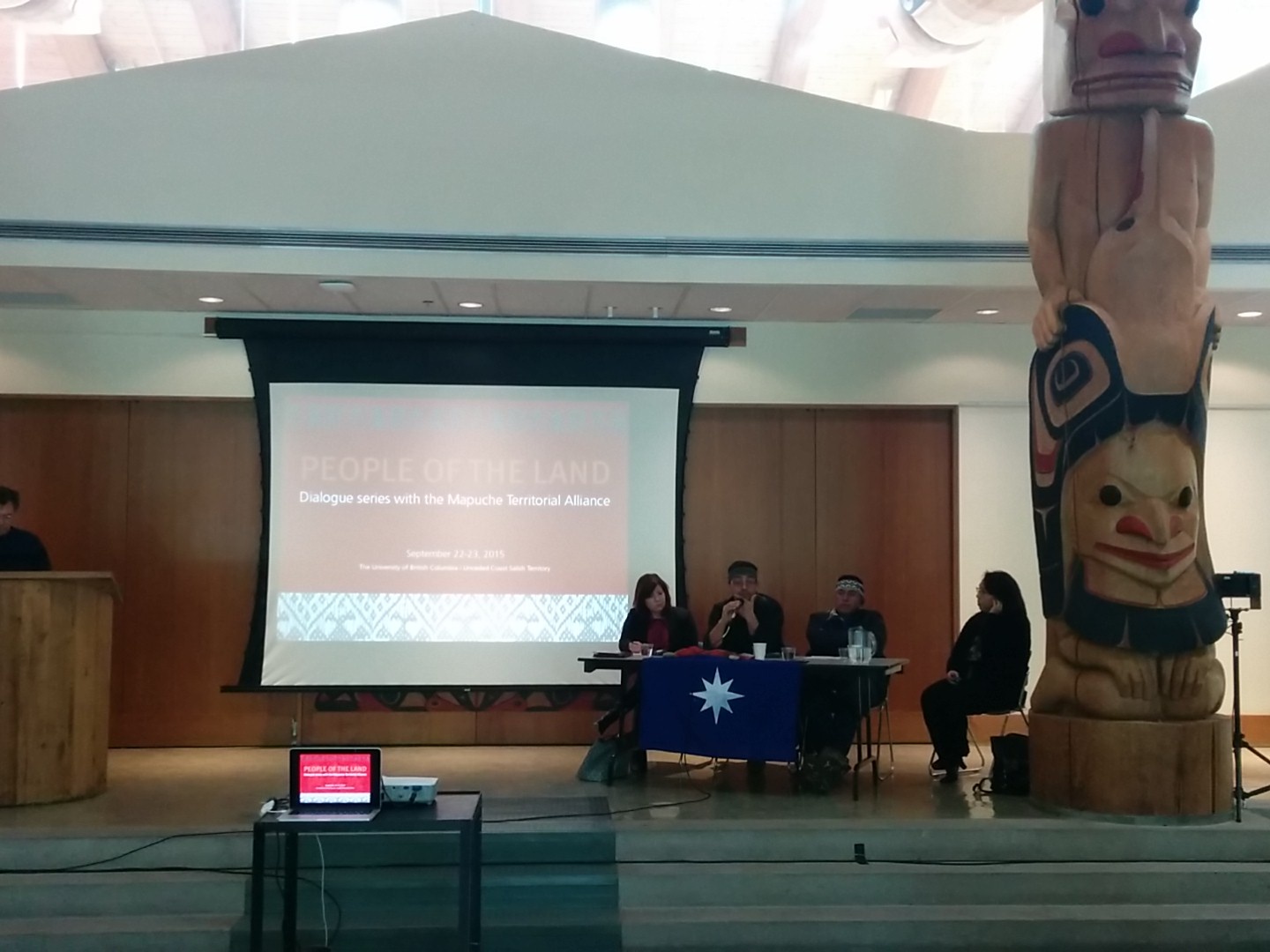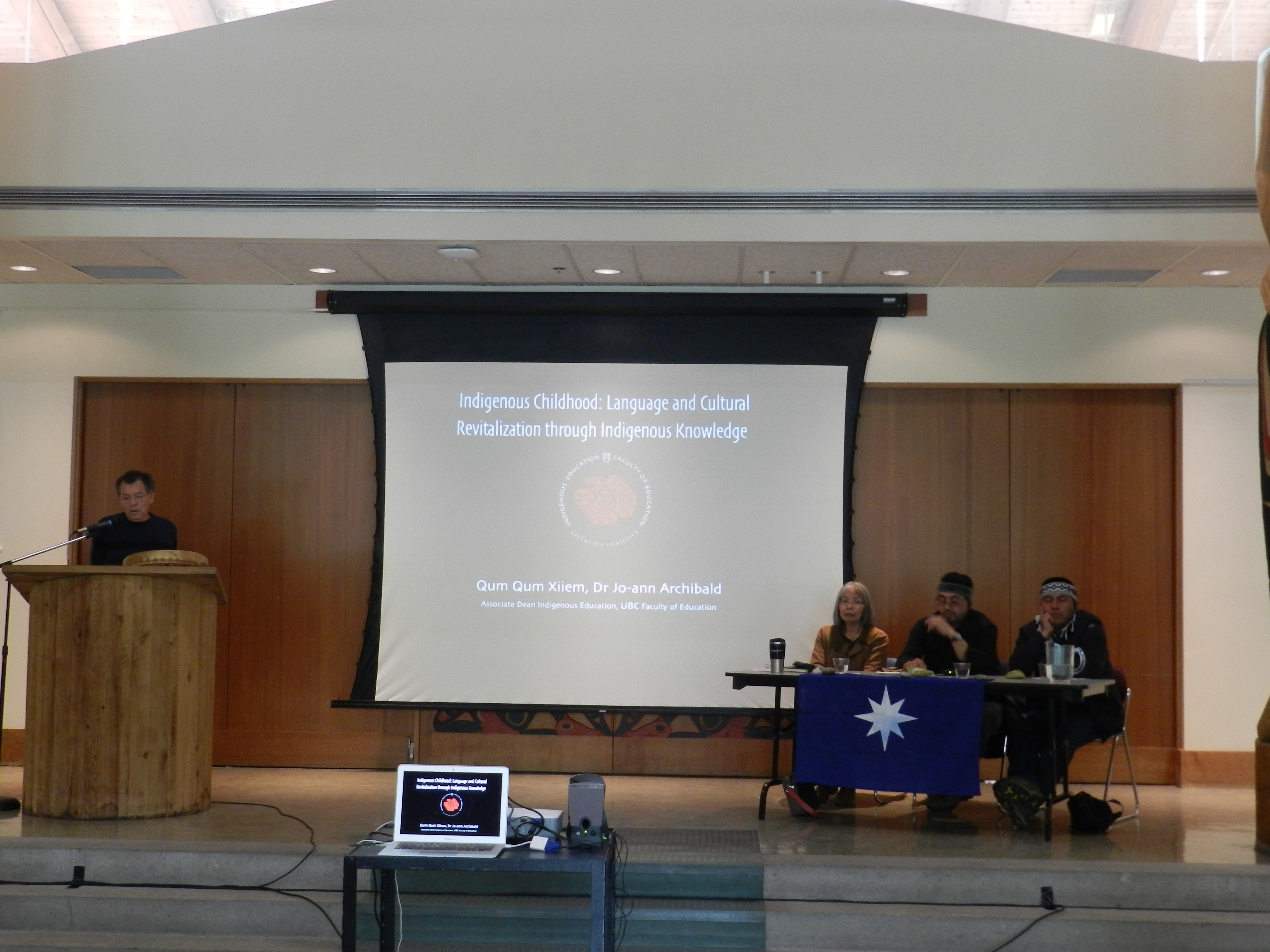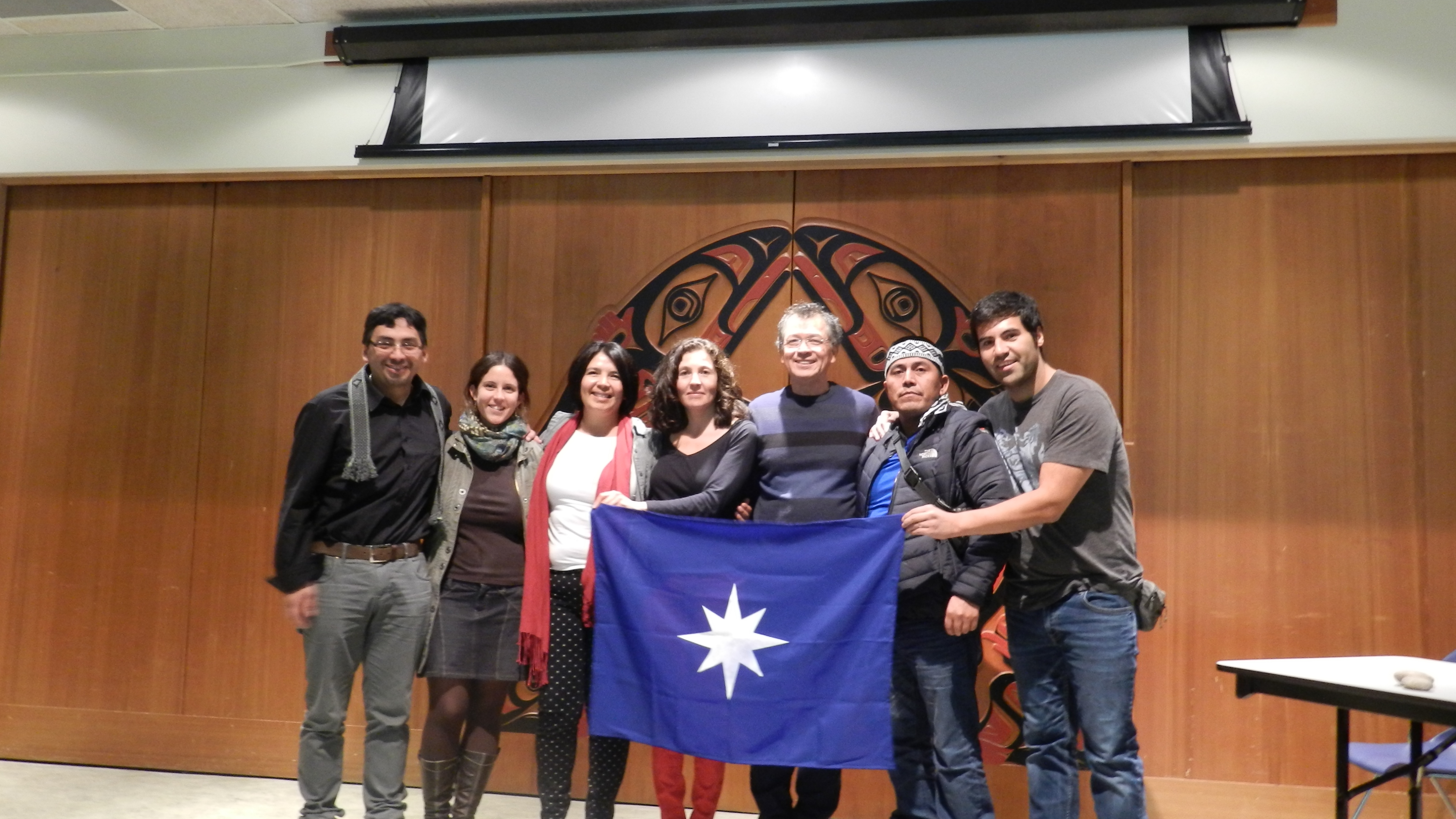My name is Sergio Catrilaf Marilef, President of the Community Juan Catrilaf II Ñilquilco sector, Padre Las Casas Municipality. As you know, my family consisting of 5 members of the community including myself, are being held unjustly in Temuco’s prison for the crime of Werner Luchsinger and Vivianne Mackay.
I want to mention that our community Juan Catrilaf II repudiates any act of murder towards the human being, because as Mapuche people, respect for the life of every being is a fundamental principle of our values and principles.
I will review a bit of history, in 2005 we began a process of territorial recovery, because our families were stripped of their territories in the process of “Pacification of Araucania” which in simple words was usurpation and slaughter of our grandparents. In addition, we suffered the privatization of land imposed by the military dictatorship and the destruction of communal property. On the other hand, the invasion of forest companies led by Mr Ponce Lerou, under the wing of Mr. Matte with his company CMPC, are destroying the ecosystem, and producing irreversible damage to our environment.
Despite centuries of cultural, territorial, spiritual and linguistic extermination burden over our people, the young Mapuche began again to dream on reconstructing the history left to them by Leftraru, Pelon Traru, Kilapan among others and they got strengthened in the study of science, law and history in addition to achieving political training.
As Mapuche people we feel displaced and oppressed by governments that claim to have socialist principles. For instance, the government of Ricardo Lagos in response to strong social demands, creates the “Patience Operation” designed to behead the Mapuche leaders through repression and imprisonment. Moreover in this climate of repression in 2002 died young Alex Lemún who studied at the Polytechnic Lyceum Pailahueque, which is currently accupied as a headquarter by the Group of Special Police Operations (GOPE) to repress the Mapuche communities of Ercilla.
In his first government, the Mapuche social demand increased and the response of his Minister of Internal Affairs, at the time Mr. Perez Yoma, was the upsurge of violence by the state to communities. In January 2008, once again a young man a young man falls wounded by a gunshot received from behind, his name is Matias Catrileo who was the victim of policeman Walter Ramirez who until today is in freedom and accountability.
In 2009 I was a victim of a montage by the Prosecutor and the criminal investigations police (PDI). As a result, I spent a year in prison and during that period we started a hunger strike that lasted 80 days where our lives were at risk. Later on, the story of undercover witness Raul Castro Antipan, who through false testimony associated us to a violent event called TUR BUS case that we had nothing to be accused for.
The real “charde of the prosecution and the PDI” again was unmasked, unfortunately Pascual Pichún and Aniceto Norin could not say the same, as they were blamed unjustly and spent years in prison, then the international justice would amend the error committed by the Chilean justice and the State, forcing the later to offset the court costs.
In 2010, we obtained Los Aromos estate, a estimated total of 100 ha that we communally work following the historical Mapuche style. And now, this year 2016, the State returned to us San Juan estate through the “institutional” way as it is stipulated in the Chilean law.
The history of persecution of our Mapuche people repeats, it appears to be a State policy.
Now, again, I have fallen in prison with my family as result of a new montage by the prosecution and the PDI. Based on torture and false testimony of a young Jose Manuel Peralino Huinca, who has serious social and psychological problems. This young man received money from the commissioner Vilches, and at the same time he was threatened with death to give false testimony. As he stated in the judgment of formalization, during the previous morning of the hearing, the commissioner attacked Peralino to convince him to maintain his false argument, which he did not because he told the truth about the lousy PDI’s investigation.
Mrs. President, why the dialogue towards the Mapuche people has to be accompanied with the militarization of the Araucania? With war weapons? With persecution and false testimonies? In some Mapuche communities people live almost in a state of siege, we are judged by what we are, not for what we do. We work in livestock and agriculture, we maintain our spirituality, our language, our ceremonies, and as a people pre existing to the Chilean state, we ask and demand our freedom, as we are imprisoned for an invalid proof, false, by a political framework that seeks to lock up innocent Mapuche people.
Unfortunately, this sad story that we have to live will remain in the memory of our children, the violence with which the police raided us, the anger and pain of not being with their parents, and thus, no peace is built, we do not want peace makeup, we want transparent and true judgments, do not chase for power or caprice. As it has been done throughout our history by our ancestors and our people, through parliaments and agreements. We prioritize the real dialogue, our word makes us people of values, so as Catrilaf family we demand respect for the rights of our people and instant freedom.
Sergio Catrilaf Marilef
Temuco prison
*In the picture, werken Sergio Catrilaf (center), next to the soccer player Jean Beausejour (left) and lamngen Elsy Curihuinca (right). Book launch “AzMapu: Una aproximación al Sistema Normativo Mapuche desde el Rakizuam y el Derecho Propio”, Santiago, March 15, 2016.
**Original letter in Spanish, available here.

